Listen
Ed Miliband has his legacy. Or, at least, what he hopes will be the first part of it. He has succeeded in scrapping the system by which he was elected Labour leader. Gone is the electoral college split three ways between MPs, trade unions and ordinary party members. It has been replaced by a one-member, one-vote system. This will be simpler and more democratic. It will mean that unions can’t send out ballot papers with leaflets telling people who to vote for, and nobody will have the advantage of wielding multiple votes.
Considering how dramatic these changes are, it’s surprising that they haven’t caused more of a row. That union bosses are going along with them has created a suspicion that in reality, if not in theory, the reforms will strengthen their influence. Both the Tories and the Liberal Democrats have been busy trying to fan this particular flame. But the removal from the unions of the right to send out ballot papers makes it far harder for them to influence how their members vote.
Trade union barons aren’t the only ones who will lose out. MPs have lost their section of the electoral college, and given that a candidate only needs the support of 15 per cent of Labour MPs to be nominated, it is now far easier for someone who has relatively little support in the parliamentary Labour party to be elected its leader. This is not a wise move.
Ed Miliband was only narrowly beaten among MPs by his brother David. But the fact that he didn’t win the support of a majority of them still causes him problems whenever the going gets tough. If someone were elected Labour leader with the support of only, say, a fifth of MPs, they would find their position untenable. The Tory system by which MPs send two candidates forward to the membership strikes a more sensible balance between party democracy and the fact that the leader is also in charge of the parliamentary party.
Party members have cause for grievance, too. Despite stumping up the full membership fee, they find that their votes in a leadership election are worth only as much as registered supporters who have paid just a few quid and trade union members who have chosen to opt in. Perhaps the fact that everyone is losing out has made the changes more acceptable.
These reforms were not part of Miliband’s initial plans. Some urged him to overhaul the leadership election rules back in 2010. They argued that, having been the candidate of the big union bosses, he was uniquely well placed to curb their influence. But Miliband rejected this advice. Those close to him feared that reform would raise all sorts of questions about the legitimacy of his victory and leadership.
But the row over candidate selection in Falkirk last year and the compromised role of the unions inside the party meant that something had to be done. Miliband chose not to break the link between Labour and the unions, but to try to adapt it.
Miliband still believes that the unions — and union members — must have a role inside the Labour party. Even after these changes, the unions will remain Labour’s biggest financial backers. Indeed, the reforms increase the financial power of the unions by giving them more discretion over how much to donate to Labour. Given the stridency of the current set of union leaders, we can expect them to be upfront about what they want in return for their cash. What should worry Miliband is how concerned moderate trade unionists are at what the hard-left leadership of Unite might do with this leverage. They fear an explicitly transactional relationship which will damage the reputations of both Labour and the unions.
But the bigger question is whether it is sensible for Labour to maintain a link with the unions at all. Union membership is in decline. There were 13 million union members in 1979, but only half that number in 2012. Even more worrying for Labour is the split between the public and private sectors. Below 15 per cent of workers in the private sector are union members. In the public sector, the figure is 56 per cent. This imbalance threatens to turn Labour into the party of the public sector at a time when the major challenge in British politics is how to reduce state spending to a sustainable level.
The good news for Miliband is that he has avoided a protracted intra-party fight. Before Christmas, Downing Street was rubbing its hands at the prospect of Miliband having to spend the first few months of this year dealing with internal party matters of little interest to the electorate as a whole. But the 28 to two margin in favour of these reforms on Labour’s national executive committee indicates that Miliband has already won this round.
It would be wrong, though, to think of Labour as a totally happy ship at the moment. There is the row over the visa status of Arnie Graf, the American community organiser and a close ally of Miliband. Graf’s friends think rivals inside the Labour machine deliberately leaked the news that he had no work permit in an effort to undermine him. Miliband’s confidants, by contrast, think the leak was designed to embarrass Iain McNicol, who as the party’s general secretary might would be hurt most by any administrative failure.
Miliband is putting together a campaign team that contains a lot of people who disagree on strategy or are simply personally incompatible. He risks presiding over a Labour version of the disastrous 2010 Tory general election campaign; which was actually a mish-mash of several different campaigns. The debilitating rows between Andy Coulson, then the Tories’ director of communications, and Steve Hilton, Cameron’s then strategy director, showed that tensions which might be manageable in normal times are not amid the pressure of a general election campaign.
Miliband will soon have changed the Labour party. But whether he gets to change the country too will depend on the next election. To win, he must show that Labour isn’t just the party of the public -sector.
Got something to add? Join the discussion and comment below.
Get 10 issues for just $10
Subscribe to The Spectator Australia today for the next 10 magazine issues, plus full online access, for just $10.
You might disagree with half of it, but you’ll enjoy reading all of it. Try your first month for free, then just $2 a week for the remainder of your first year.


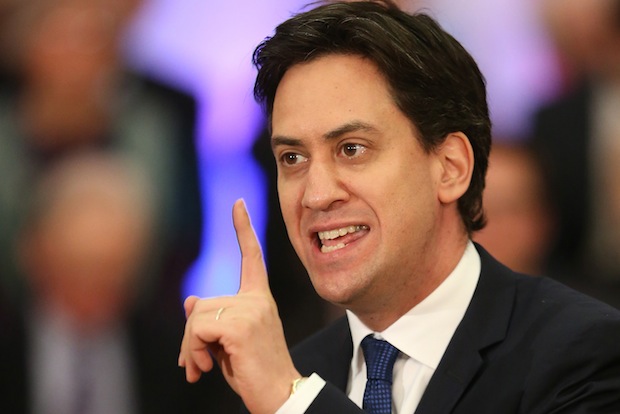

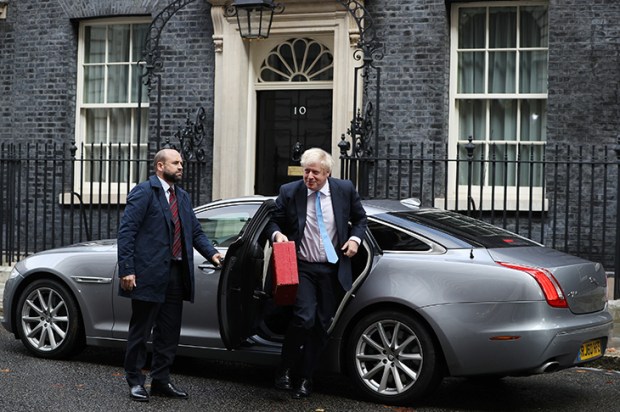
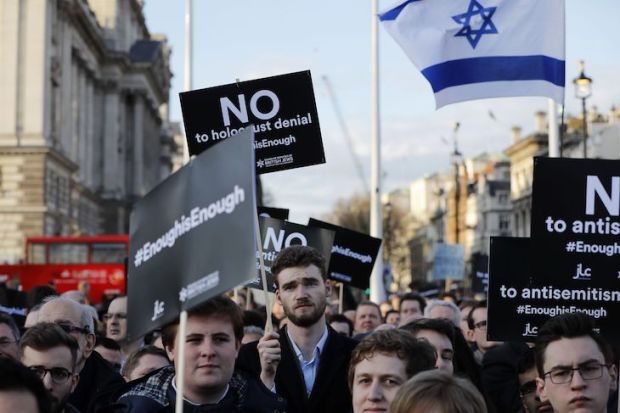
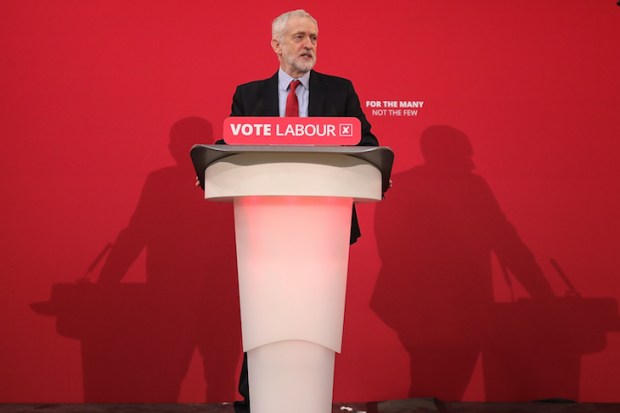
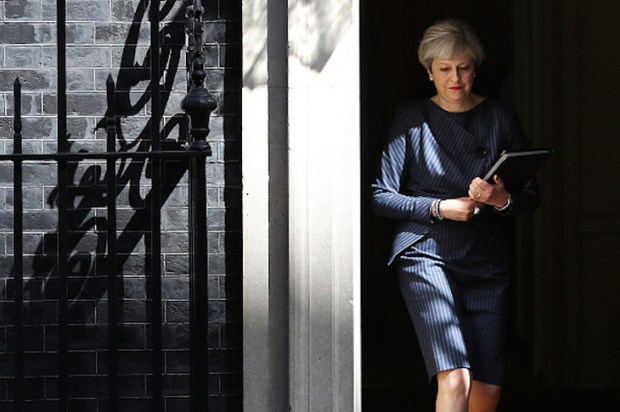







Comments
Don't miss out
Join the conversation with other Spectator Australia readers. Subscribe to leave a comment.
SUBSCRIBEAlready a subscriber? Log in